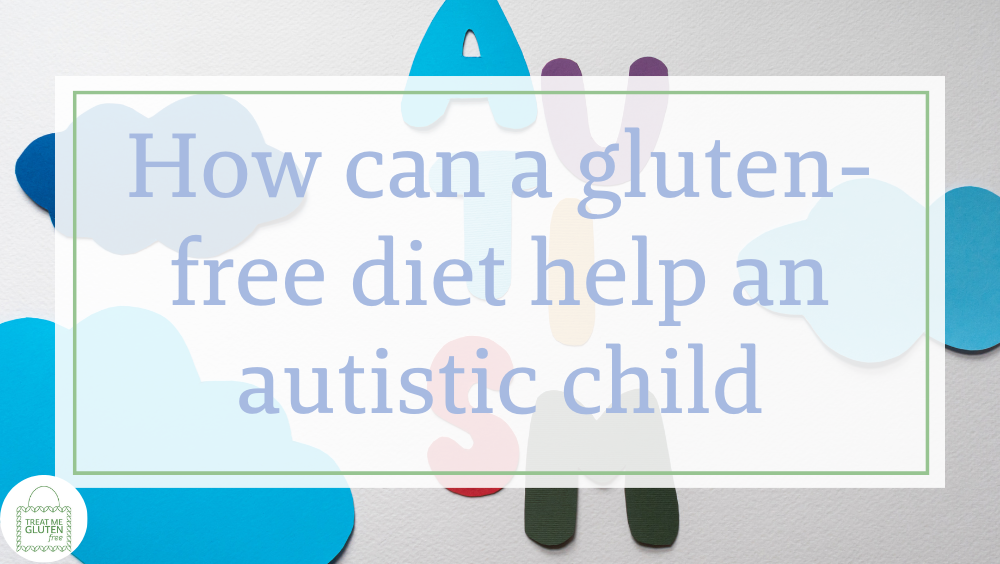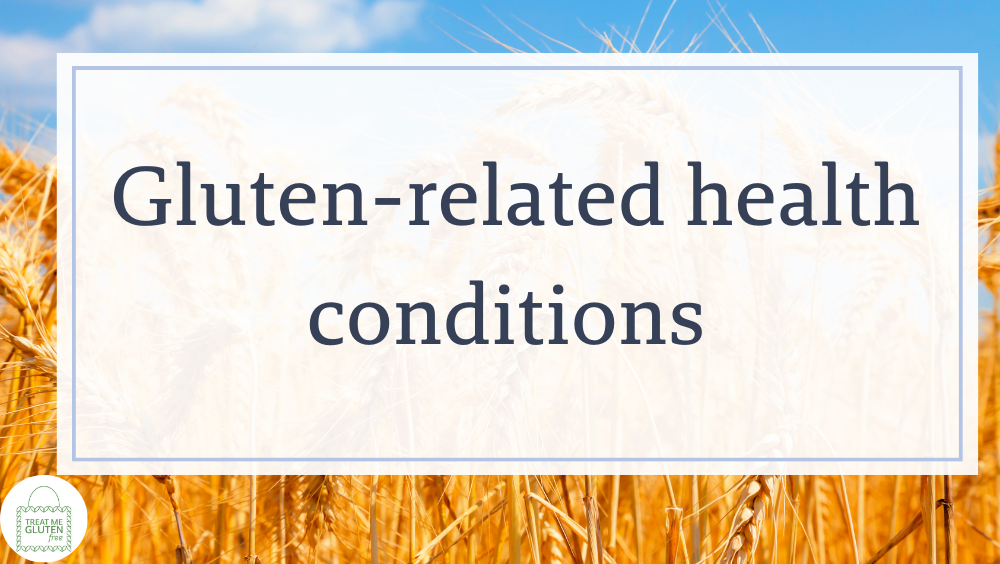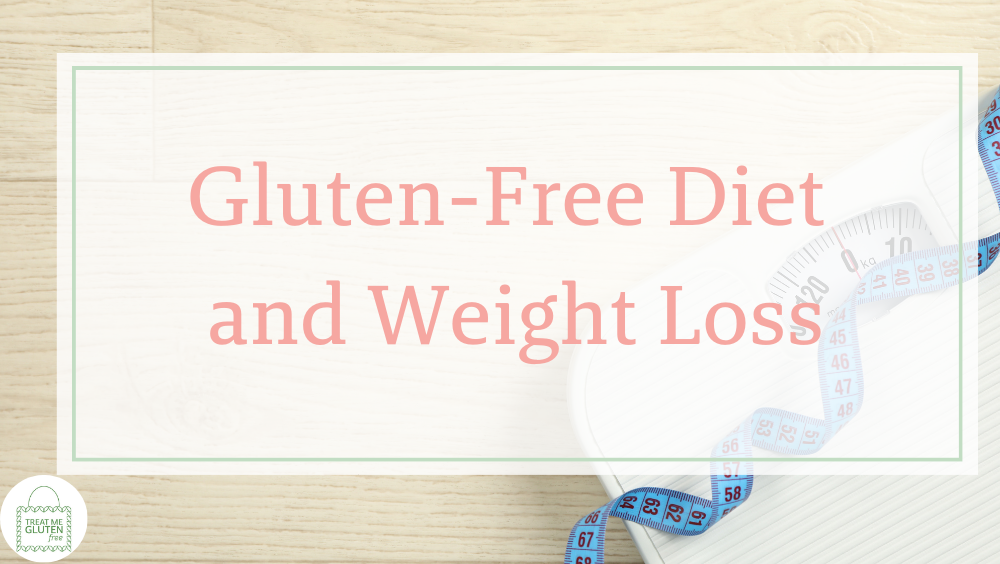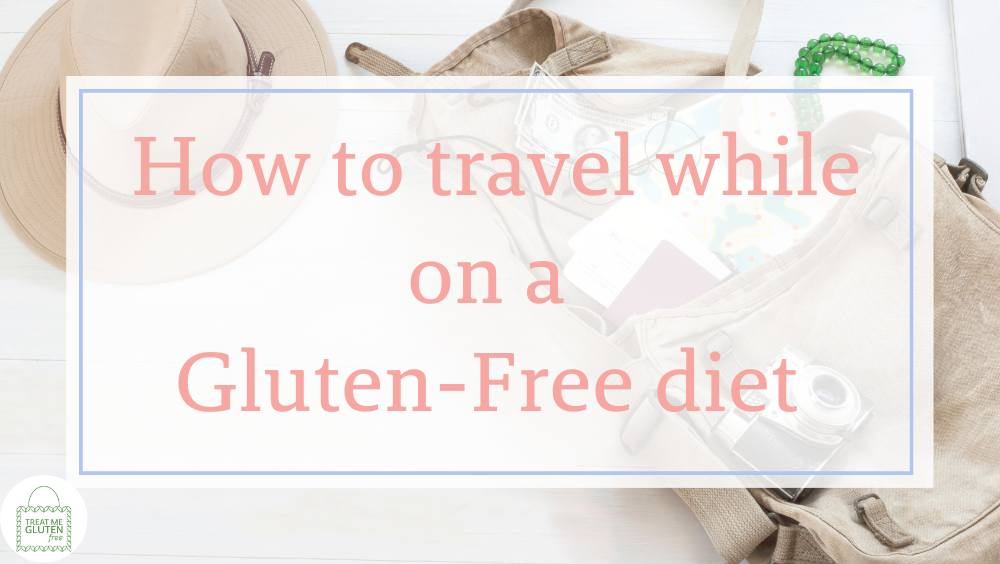How a gluten-free diet can help an autistic child
Kids with autism suffer from various problems, and having strict gluten- and casein-free diet is one of them. Now you might wonder what those problems arise if an autistic child consumes gluten-containing food. This article covers all the necessary details for parents to ensure their child remains healthy.
Let’s begin!
What is a gluten-free/casein-free diet for autism?
The term “GFCF diet” refers to a diet free of gluten and casein. It is one of many alternative therapies available for autistic kids. All foods containing casein, which is present in milk and dairy products, and gluten, which is present in wheat, barley, and rye, are prohibited from the child’s regular diet when using this stringent elimination diet.
Some parents of autistic kids think their kids are allergic to or sensitive to the ingredients in certain meals. Some people get tested for allergies, to be sure. However, many parents of autistic children continue to offer the GFCF diet even when there is no evidence of an allergy. Changes in speech and conduct are included among the advantages.
Which foods include casein?
Dairy foods and other foods containing dairy or lactose contain protein casein. Casein is present in actual products that advertise being lactose- or dairy-free. When adhering to a rigorous casein-free diet, it’s crucial to read labels carefully because many soy and imitation dairy products contain casein.
Since dairy products are prohibited on the GFCF diet for autism, you’ll need to ensure the child’s diet also includes other excellent calcium and vitamin D sources. Strong bones and teeth depend on both. Discuss fortified meals and supplements to prevent nutritional deficiencies with your child’s doctor.
How does a diet free of gluten and casein help people with autism?
The advantage of avoiding foods containing gluten or casein is based on the idea that children with autism may be allergic to them or have a high sensitivity to them.
According to the notion, children with autism digest peptides and proteins in foods that contain gluten and casein differently than typical children. This processing discrepancy might, hypothetically, make autistic symptoms worse. Some people think that the brain reacts to these proteins like fake opiates. They claim that a child’s behaviour is caused by how they react to these chemicals. Dietary intervention is intended to lessen symptoms and enhance linguistic, social, and cognitive functioning.
Does Gluten Intake Impact Autism Symptoms in Children?
Individuals with autism have been observed to have constipation, bloating, and diarrhea six to eight times more frequently than the average population. Some younger children with these digestive problems could reject meals that they associate with feeling unwell, resulting in a highly restricted diet.
Many parents opt for low-carbohydrate, high-protein diets for their autistic children because they are concerned about their children’s nutritional needs. The gluten-free/casein-free (GFCF) diet, which claims to lessen GI distress by eliminating wheat and dairy protein, is one of the most popular diets for kids with autism.
Some medical studies have suggested that gluten sensitivity may be exceptionally high in autistic children. These diets may benefit kids with autism, but the evidence is conflicting.
Nutritional imbalances can occur when a child’s diet is casein-free and gluten friendly. To promote your child’s physical and mental development, it’s critical to include various proteins in the diet as a balance.
How removing Gluten Could Improve Your Child’s Autism Symptoms
As of 2021, scientific study has not reached a clear conclusion regarding the advantages of the GFCF diet versus its drawbacks or whether those with autism are more sensitive to gluten.
You can try removing gluten, casein, or both as long as you ensure your child eats a balanced diet; otherwise, that fulfills all the other essential nutrients. You should find a way to substitute these two sources of protein with alternative ones because they often contain essential proteins for growth and development.
Numerous parents claim that changing their child’s diet improved their conduct and social relations, even though numerous studies have not come to any firm conclusions in favour of or against dietary changes.
There could be several causes, such as improved parental conduct, behavioural treatments linked to modifying meals for kids, or genuine gastrointestinal improvements. Parents could gradually reintroduce gluten or casein to a child to see if any adverse reactions happen to identify the cause.
In the end, science in 2021 gives no evidence for the hypothesis that gluten affects autism. Coordinate any changes with qualified medical personnel if you decide to utilize the GFCF diet to treat your child’s feeding issues.
The physician or ABA therapist who treats your kid may suggest a nutritionist who can ensure that your child receives the ideal ratio of vitamins, minerals, and proteins for growth and health. They can also advise you on additional items to include or exclude to help.
Are there tips for eating at home or eating out on a gluten-free/casein-free diet?
Here are some tips to follow:
- Consult your child’s pediatrician before switching to a GFCF diet. To promote healthy growth and development, children must consume a variety of balanced foods in terms of essential vitamins, proteins, fats, and carbohydrates.
- In addition, watch out for hidden sources of gluten before introducing a gluten-free/casein-free diet to a child with autism. Flour-dusted fried meals, as well as several cosmetics and pharmaceuticals, all include gluten. Nuts, fruits, and vegetables are examples of whole foods that may be safe. However, avoid using packaged mixes as there can be traces of gluten-containing items that aren’t identified on the nutrition label.
- Now, certain eateries are labeled as GFCF-friendly. Ask the manager or server to show you a list of the ingredients used in the restaurant to ensure that its dishes are free of gluten and casein if you have any concerns.
Read our previous blog posts to know more about the gluten-free diet – Click HERE
This guideline is essential for your child to have gluten-free food if they fall into the autism spectrum. The parents must follow this diet because this prevents various symptoms that can increase if the guideline isn’t followed.









